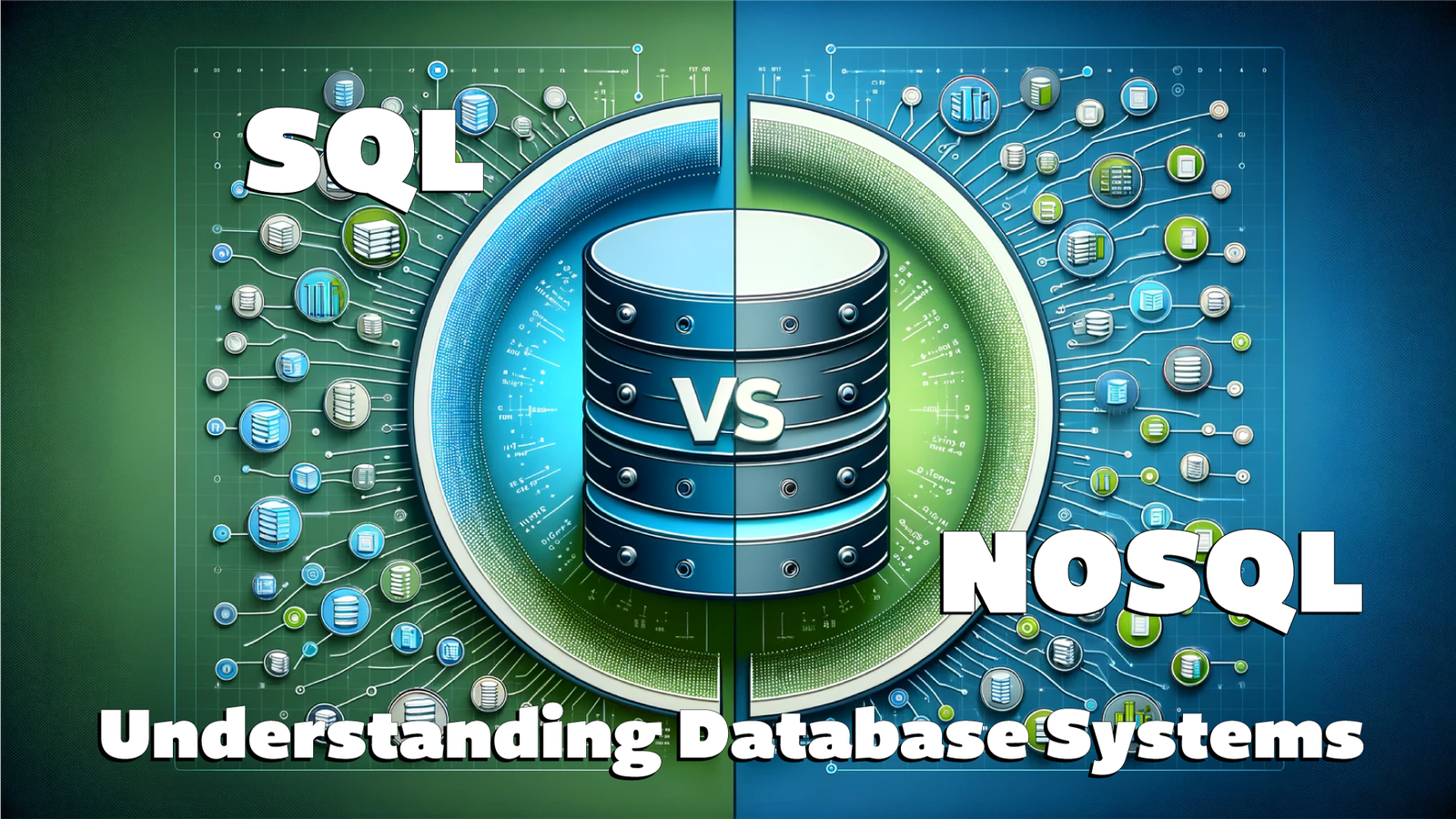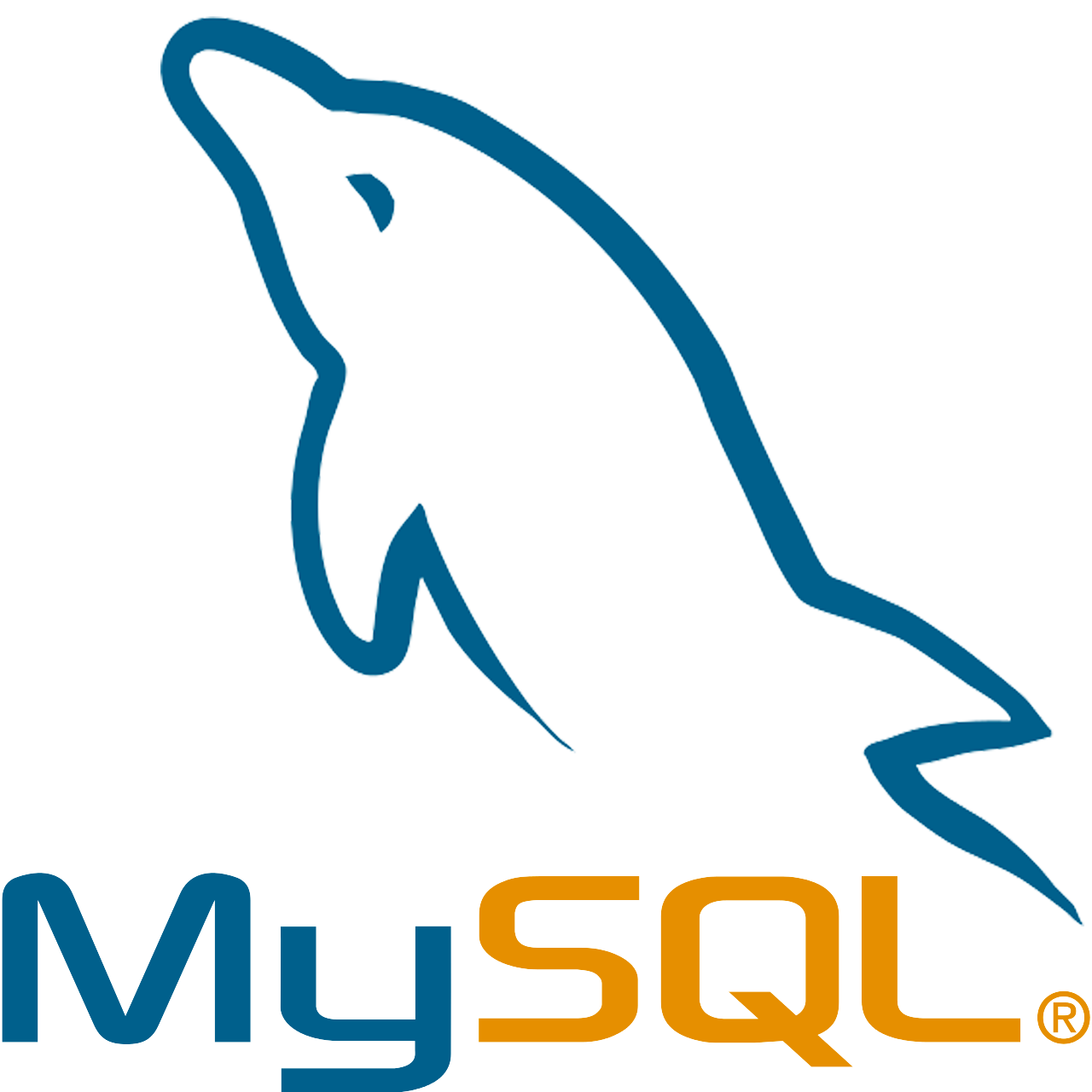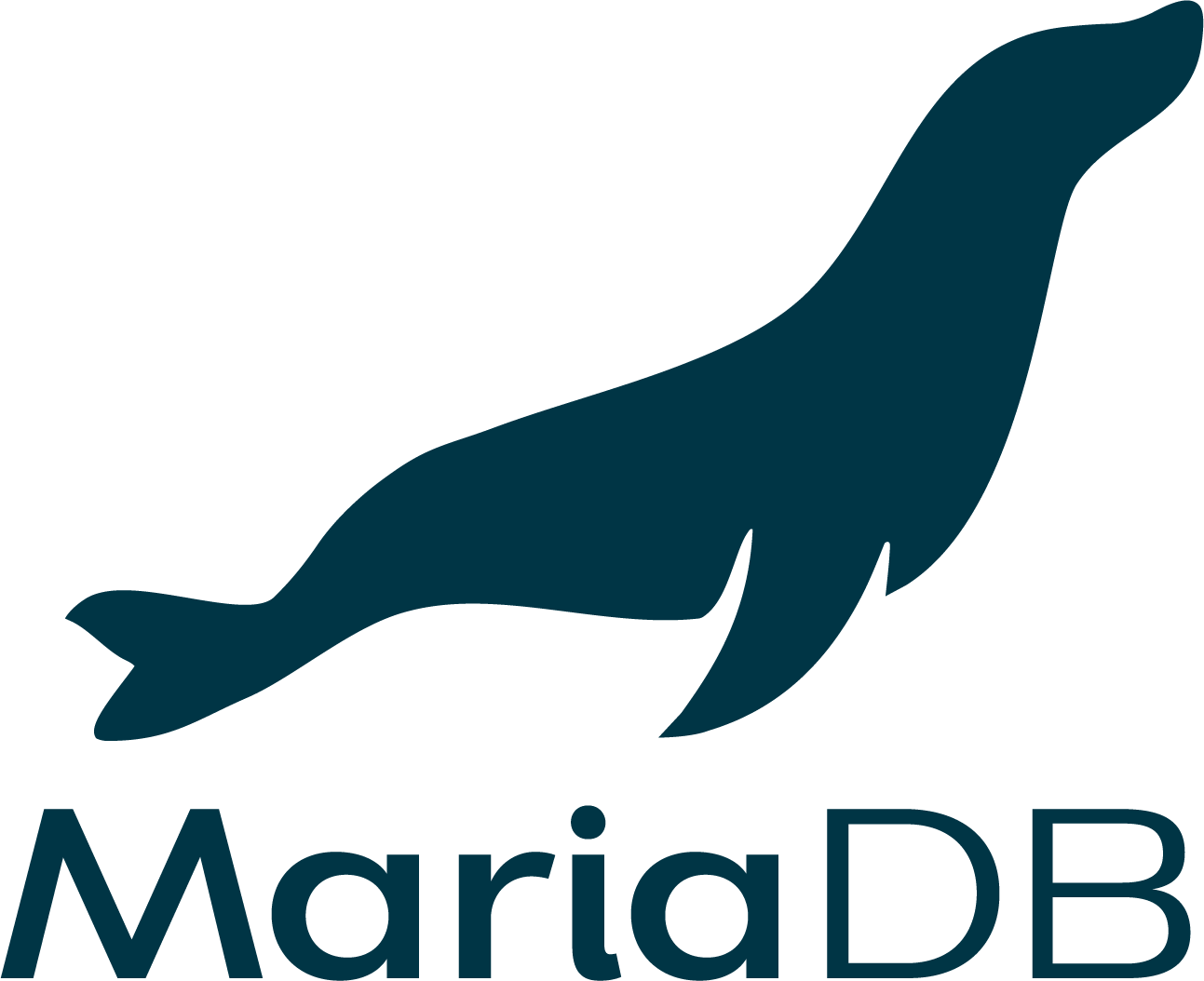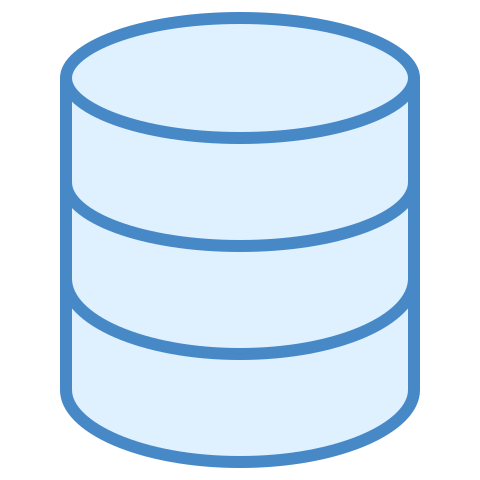Understanding Database Systems: SQL vs. NoSQL

Posted: February 22,
In today’s data-driven world, the choice of database technology is crucial for businesses and developers. This article explores the differences between SQL and NoSQL databases, diving into popular systems like MySQL, MariaDB, PostgreSQL, and MongoDB to help you make an informed decision.
What is SQL?
SQL (Structured Query Language) is the foundation of all relational database management systems (RDBMS). It provides a standardized way to query and manipulate data stored in a structured format within tables.
Key SQL Databases
MySQL
- Overview: An open-source RDBMS, renowned for its speed and reliability.
- Use Cases: Ideal for web applications and online transactions.
- Features: Offers robust data protection, scalability, and comprehensive management tools.
MariaDB
- Overview: Born from MySQL, it aims to maintain open-source freedom and compatibility.
- Use Cases: A direct replacement for MySQL, with additional features and storage engines.
- Features: Enhanced performance, security, and open-source commitment.
PostgreSQL
- Overview: An advanced open-source RDBMS, supporting complex queries and extensibility.
- Use Cases: Suitable for applications requiring advanced data types and detailed transaction control.
- Features: Offers extensive data integrity, robustness, and customizability.



MySQL, MariaDB & PostgreSQL

MongoDB Logo
What is NoSQL?
NoSQL databases offer flexibility for working with large volumes of distributed data. They are categorized into document, key-value, wide-column, and graph databases, each serving different data management needs.
MongoDB: A NoSQL Leader
- Overview: A document-oriented database designed for scalability and developer agility.
- Use Cases: Perfect for applications needing to store semi-structured data like JSON documents.
- Features: Supports dynamic schemas, making it adaptable to rapidly changing data.
SQL vs. NoSQL: Which to Choose?
Data Structure and Schema
- SQL databases are structured, making them ideal for complex queries and transactions.
- NoSQL databases are schema-less, offering flexibility for unstructured data.
Scalability
- SQL databases scale vertically, requiring powerful hardware upgrades.
- NoSQL databases scale horizontally, allowing for distributed data across multiple servers.
Performance and Speed
- SQL databases ensure ACID compliance, prioritizing data integrity.
- NoSQL databases often prioritize speed and scalability, sometimes at the expense of transaction consistency.
Use Case Considerations
- Choose SQL for financial or other applications requiring complex transactions and data accuracy.
- Opt for NoSQL for web applications, content management, or when dealing with large volumes of data.

Database
Your choice of a database should align with your project’s specific needs, considering factors such as data structure, scalability, and the nature of transactions. Whether opting for the relational model of SQL databases like MySQL, MariaDB, and PostgreSQL, or the flexibility of NoSQL solutions like MongoDB, understanding the strengths and limitations of each system will guide you to the best decision.